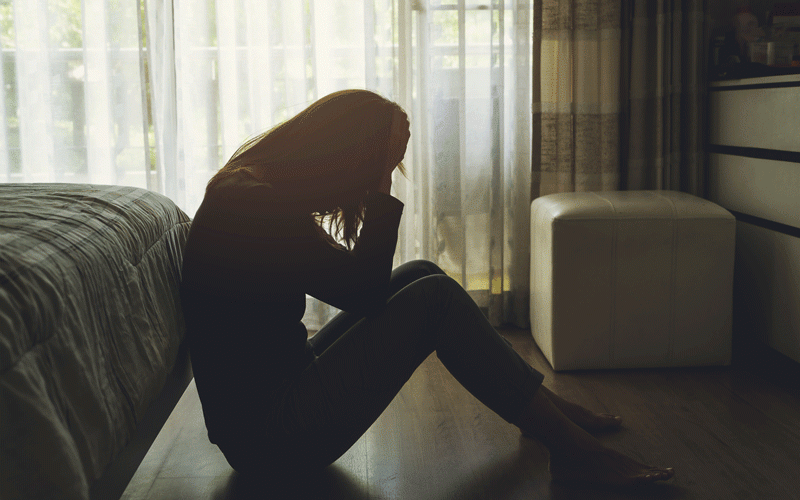
Mental health is a state of well-being in which an individual realises his or her own potential, can cope with the normal stresses of life, can work productively and fruitfully, and is able to make a meaningful contribution to their community.
Mental health is a critical component of individual, family, community and national wellbeing and prosperity.
At some point in our lives we have all been faced with the emotional distress of someone else.
Emotional distress or injury can occur from rejection, unmet needs, loneliness, traumatic experiences, broken relationships, guilt, disappointment, discouragement, failure or other experiences that batter our self-esteem and self-worth.
As we continue commemorating mental health month this October, we can learn how to respond to each other’s emotional distress more compassionately.
How do recognise when someone is in emotional distress?
When someone is distressed emotionally they may:
- Be angry or irritable
- Be fearful and anxious
- Seem very tired
- Be very insecure
- Become withdrawn socially and emotionally
- Be tearful or seem sad
- Be drinking more than usual or using substances
How can I help someone who is in emotional distress?
- Mental health must be a priority at our workplaces
- ‘Art therapy critical in combating mental disorders’
- Be ethical, Potraz tells content creators
- How HR can effectively handle employee depression
Keep Reading
- Give the gift of time: our lives have become very busy and we are becoming less and less genuinely connected with each other. Many times when we ask someone how are you, we expect them to say they are fine because any genuine, heartfelt response indicating any distress means we have to take time out of our schedule to attend to them. A very simple way to help someone in emotional distress is to make time for them.
Many people struggling with difficult emotions are desperate for a genuine listening ear. Make time to also follow up on your loved ones, family, friends and colleagues, make time to check up on others and of they are not okay, make time for them.
- Listen attentively: Learn to truly listen. Many of us often listen with the intent to answer back, we need to learn to listen with the intent to understand and truly hear the other person. We are becoming more and more distracted as humans and we struggle to focus and pay attention to tasks and even to people.
We need to learn to listen attentively in order to create an environment where others can express themselves, learning to quieten our impulse to answer back and give rapid, often poorly thought out advice.
- Do not be judgmental: We often shut down emotionally if we feel harshly judged, if you want to help someone who you think is emotionally distressed, it’s important not to judge or be highly critical of them. Even if the distress they are in is of their own making, resolve not to judge situations too quickly or too harshly. Mind your body language and facial expressions as you listen to someone. Be careful not to treat someone differently once they have opened up about their emotional struggles to you.
Be kind, kindness can greatly relieve emotional pain and help someone feel better.
- Maintain trust: When someone opens up to you about any challenge they may be
facing, they are entrusting you with their story in confidence. Resolve not to break that trust unless it is a life and death situation. Trust is the essence of any meaningful relationship and it is relationships that ultimately help us to heal from our emotional wounds.
- Allow people to express difficult emotions: negative emotions are difficult to experience and to watch someone experience them but being able to sit with someone as they express they pain, anger, sadness or frustration can go a long way to helping them.
Many people do not get the opportunity to express their difficult emotions without being shushed or judged. Allow people to cry if they need to, crying is cathartic and can help people express their pain.
- Guide them to where they can get further help: We are not supposed to be therapists for our loved ones, our family or friends. Once the immediate distress has calmed down, discuss options of where and how to get further help and support.
Accompany them to see a professional if they want you to and follow up on how they are doing and if they have received the help they need.
If you think that you or someone you know may be struggling with a mental health problem, please contact your nearest health care provider and get help.
- *Dr Chido Rwafa-Madzvamutse is a consultant psychiatrist. Feedback on WhatsApp: +263714987729; LinkedIn: https://www.linkedin.com/in/chido-rwafa-madzvamutse- 53529259/ ; Facebook: https://www.facebook.com/chido.rwafa)











